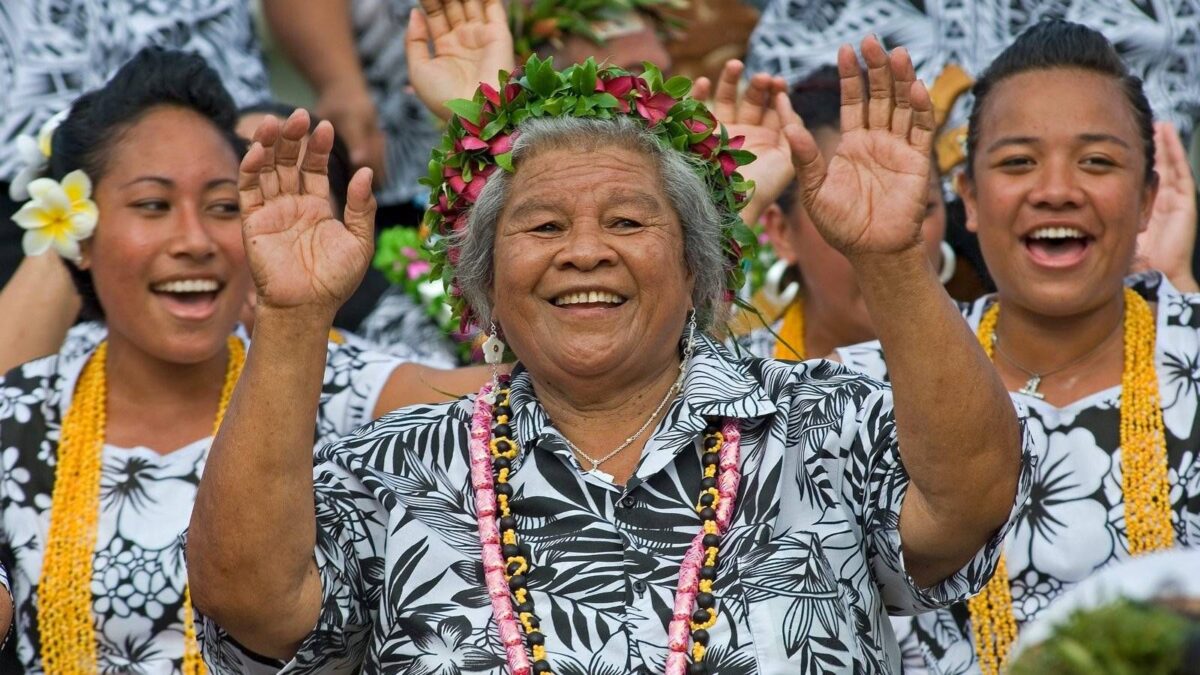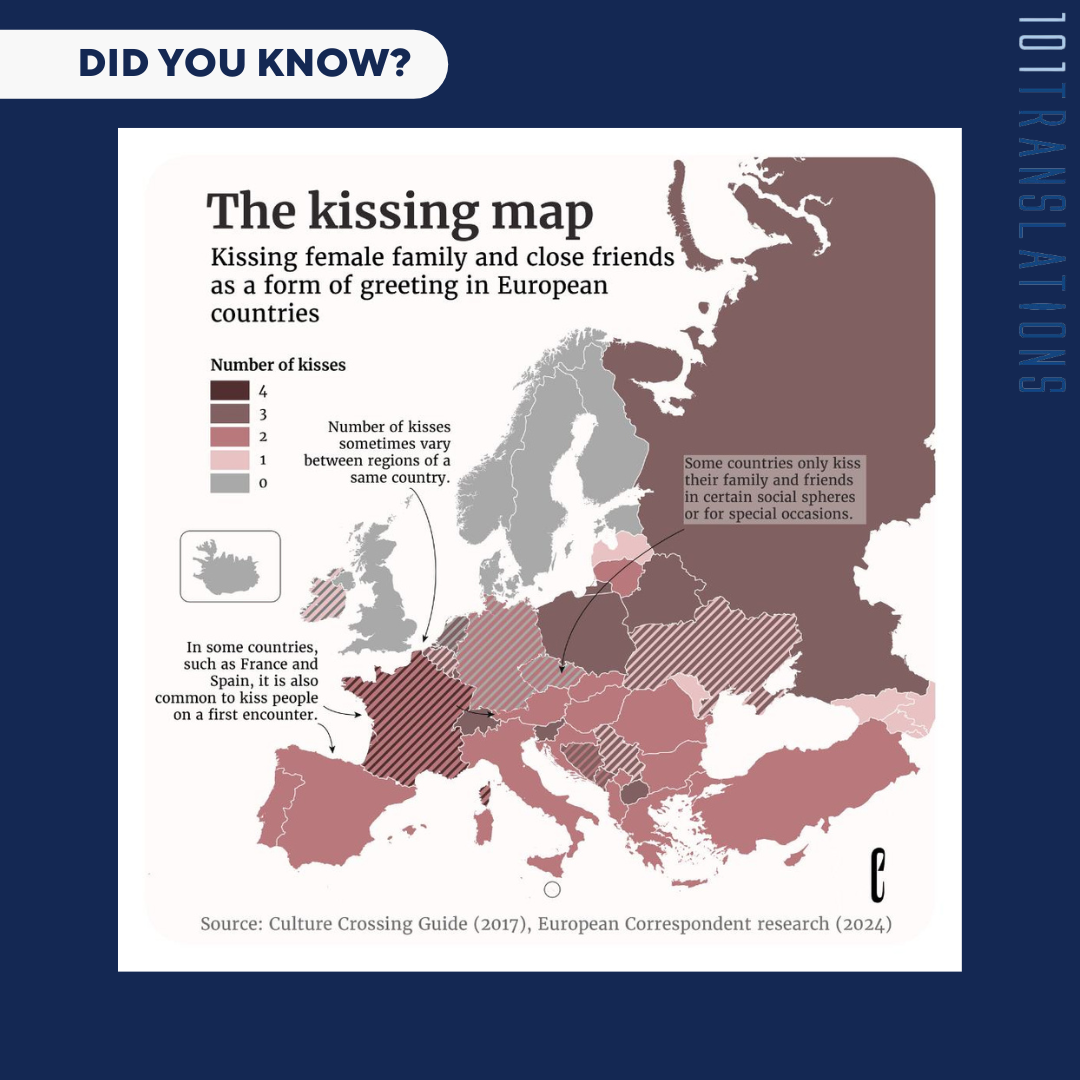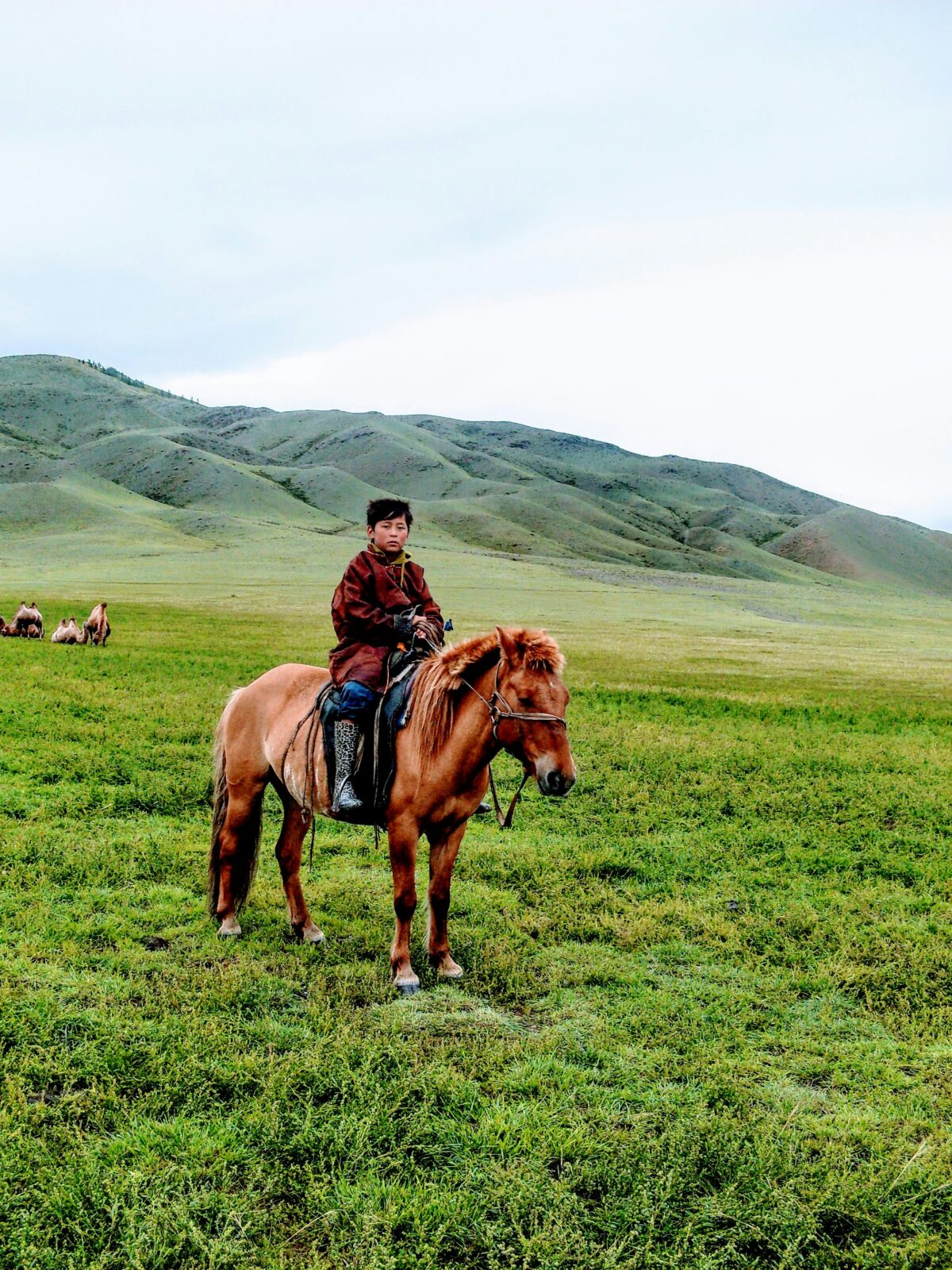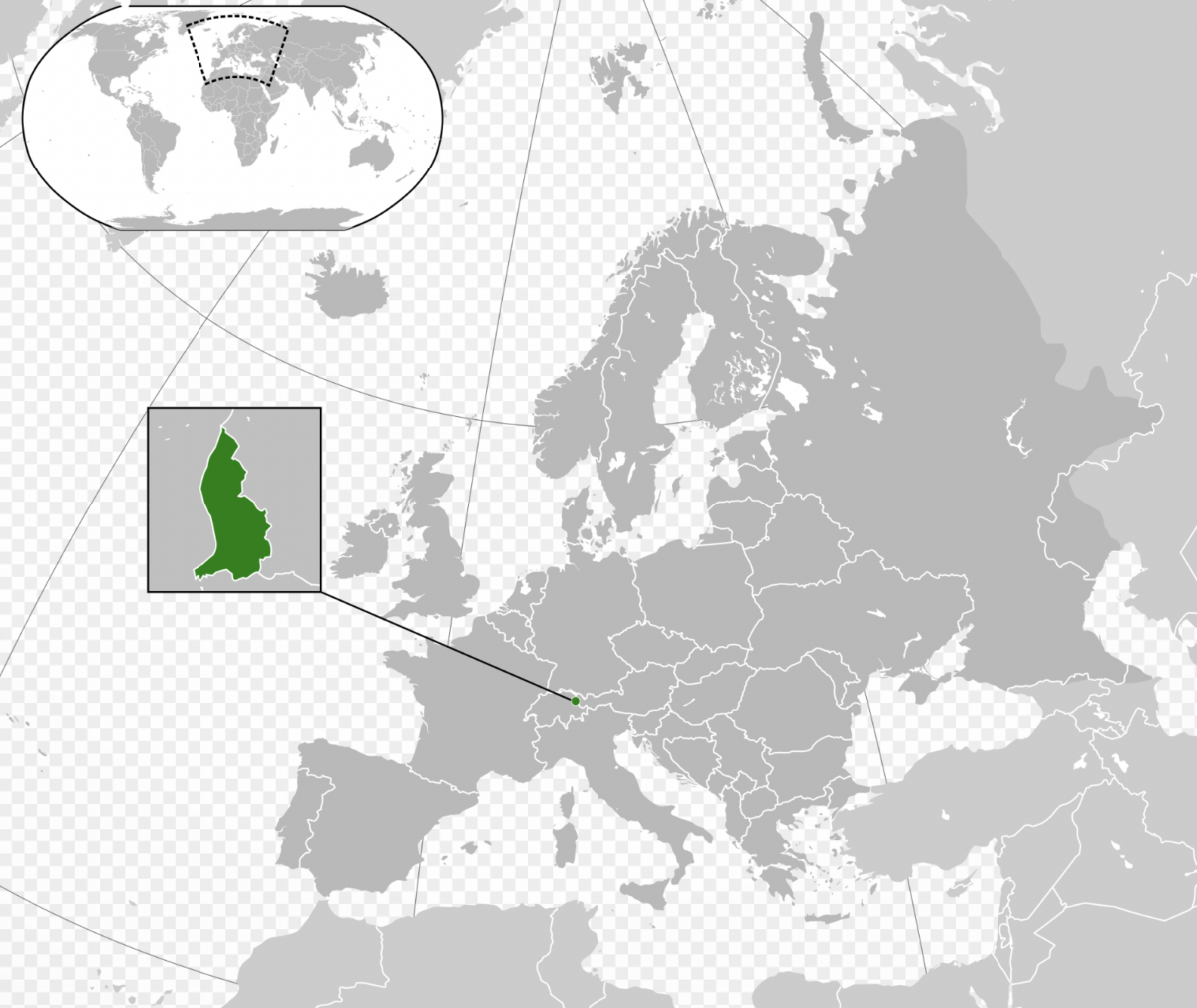Niue is a small island country in the South Pacific that has been self-governing since 1974. Although it is independent, Niueans are also considered citizens of New Zealand; about 70% of Niuean speakers actually live in New Zealand and Niue’s resident population has been declining steeply in recent decades. In 2003, Niue became the first country in the world to offer free WIFI to all of its residents.
Niue




